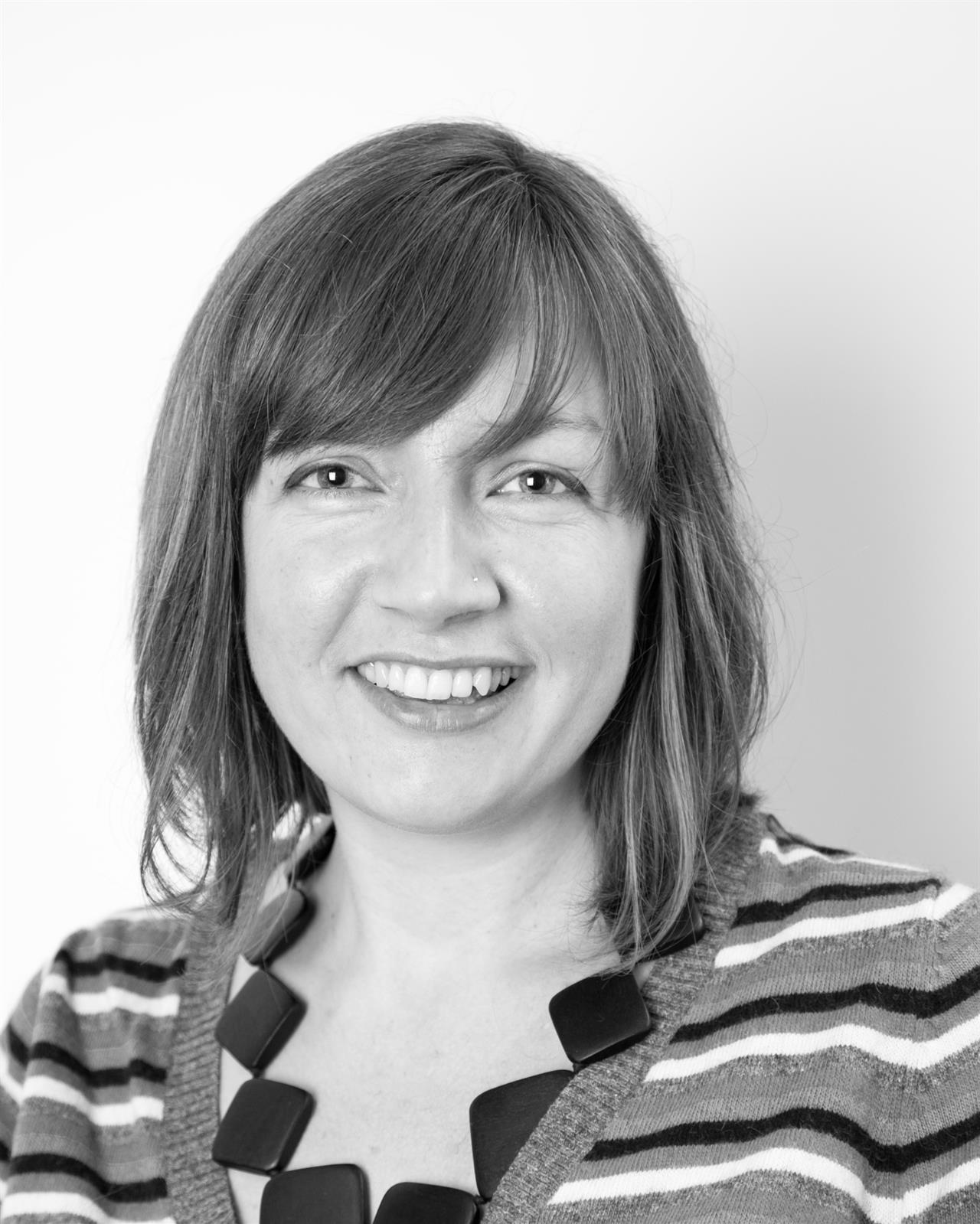Mondo
Connected Care
Non Profit ID card. Connected Care, one of the winners of the first European social innovation competition

Non Profit ID card: present your project/organisation/campaign
Questions answered by Gemma Bruce, Assistant Director, Connected Care.
– Where are you based? Turning Point, UK’s leading social care organization, and founder of Connected Care, is based in the UK and has services across the country. Our head office is split between London and Manchester.
– What are you called? Connected Care, a model developed by Turning Point.
– What are you doing and why? Connected Care is a model of community-led commissioning. It enables communities to become more involved in the design and delivery of health and social care services. Our aim is to support commissioners and communities to work together to develop more joined up health and social care services that are better tailored to the needs of the communities they serve and to build community capacity so that communities can become less dependant on public services. The UK is facing a period of financial austerity in the public sector with local government being asked to cut budgets by and on an average of 7 percent each year for the next 4 years – a total reduction of nearly one third. Our model is about strengthening accountability to the community so that public services can make the most of the resources they have available to them.
– Do you have a website? www.turning-point.co.uk/connectedcare
– Do you have a Twitter link/name? http://twitter.com/TurningPointUK
– What makes you so special? Our approach combines community engagement which enables a more marginalised section of the community to get involved, capacity building for commissioners and communities, service redesign and cost benefit analysis – we are multi-talented!
The turning point
– How did you start? Turning Point first started a project for alcoholics in Camberwell, in South London, in 1964 – the first attempt to help people with a serious alcohol problem by using a professional residential therapy programme. Today Turning Point works in the fields of mental health, substance misuse and learning disability and has over 250 services across the country. Connected Care started with a piece of research we did in 2004 with the Institute for Public Policy Research called Meeting Complex Needs which found that people living in the most deprived communities are more likely to have complex needs, that services are fragmented and as a result don’t meet peoples’ whole needs. The report called for a more holistic approach to service provision and led to the development of Connected Care, which team is now working in 10 different parts of the country to put the model into practice.
– What keeps you going every day? Community engagement is at the heart of our approach. We recruit and train up local people as community researchers and support them to go and talk to other local people about their experience of using local services and the work with commissioners to develop proposal to address the issues they uncover. Usually community researchers have had the experience of using health or social care services themselves, so they know what they’re talking about and they are committed to making things better. They have really good reach into the community and bring credibility to the Connected Care approach. Some of our community researchers have been out of work for some time and their involvement is a great stepping stone back into work. To date we have worked with a total of 160 community researchers and over half have gone onto new employment, training or volunteering opportunities. Seeing people grow in confidence throughout the process is amazing and the end result is better accountability to the community – that’s what makes our work worthwhile.
– Who is your target? We mostly work in deprived communities and aim to bring together decision makers and community members who don’t normally get involved.
– How are you financed? We receive project funds from local authorities and primary care trusts.
The challenge
– A proud moment? The establishment of new community led social enterprises to deliver health and social care services in Hartlepool and Bolton – a change that the community can point to as a result of the Connected Care process.
– A problem you face? Our current challenge is making the case for investment in community development in a time of financial austerity – we need to make the case to local government that they need to engage the community in a meaningful way in order to make decisions about how to best allocate resources locally and this takes time and effort – there’s no quick fix.
– Your personal motto when things get hard? If you push hard enough you may just get what you want!
– Another cool project/organisation/campaign you would like to recommend? One of our community researchers – Ricky McCarthy – has gone on to set up his own charity which provides drop-in art groups for people with mental health problems in Basildon, in Essex – it is called TSX The Art of Charity.
Here is their website: www.shadyfishxperiance.co.uk
www.turning-point.co.uk/connectedcare
Go to Vita Europe Non Profit ID card on Copenhagen City Honey Coop.
Click here to go to the full list of all our Vita Europe ID cards.
17 centesimi al giorno sono troppi?
Poco più di un euro a settimana, un caffè al bar o forse meno. 60 euro l’anno per tutti i contenuti di VITA, gli articoli online senza pubblicità, i magazine, le newsletter, i podcast, le infografiche e i libri digitali. Ma soprattutto per aiutarci a raccontare il sociale con sempre maggiore forza e incisività.
